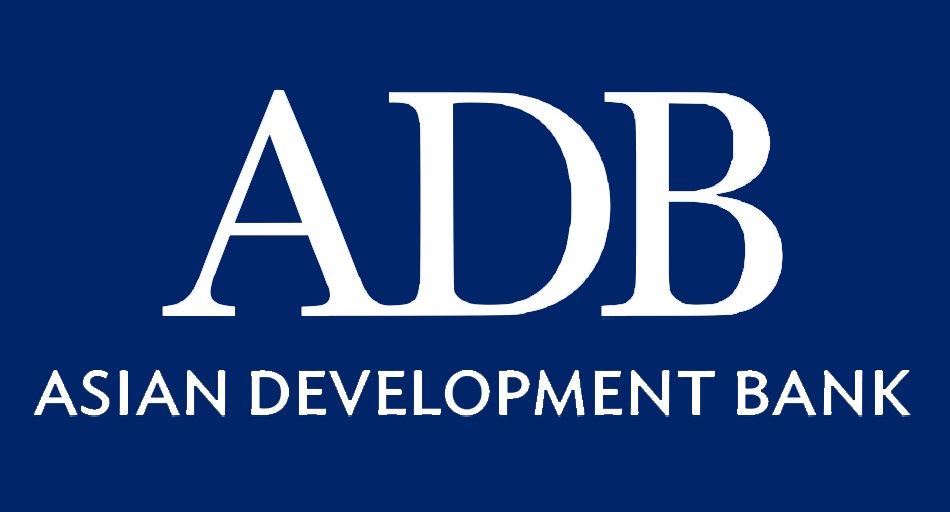KATHMANDU: The Asian Development Bank (ADB) and the Government of Nepal signed a loan over Rs 40.45 billion rupees for four new projects on Tuesday.
The signing included a loan of $195 million to improve the highway section between Pokhara and Mugling, a $63 million loan in additional financing to improve flood management and river health in Nepal’s polluted Bagmati River Basin, a $50 million loan to improve the livelihoods and increase incomes of small farmers in Nepal and a $50 million policy-based loan to support the Government of Nepal’s reforms in agriculture and food safety, according to the Ministry of Finance.
Rajan Khanal, Secretary, Ministry of Finance and ADB Country Director for Nepal Mr Mukhtor Khamudkhanov, signed for the Government of Nepal and the ADB respectively. “We thank ADB for its support to key sectors of the economy, including infrastructure, agriculture and rural finance.
Similarly, ADB’s support to Government of Nepal’s reform initiatives in important sectors is also highly appreciated,” Secretary Khanal said on the occasion. All these are very important projects for Nepal and will support the Government’s plan of a more inclusive sustainable development of the country, he added.
Mukhtor Khamudkhanov, ADB’s Country Director for Nepal said, “Over the years, ADB has significantly scaled up its development assistance for Nepal and this shows that our partnership with the Government of Nepal continues to grow stronger.
Nepal can further tap the opportunities of increased lending space provided by ADB with improved portfolio performance, and we appreciate the efforts taken by the Government of Nepal in that direction.” Under the SASEC Mugling-Pokhara Highway Improvement Project, 81 km of the road will be widened to four lanes from Pokhara to Abukhaireni to meet increasing demand.
Improvements will be made to the surfacing, structure, and drainage, with safety features such as crash barriers, and traffic and other warning light systems installed.
The additional funds for the Bagmati River Basin Improvement Project will finance an additional 5.75 kilometers of riverbank beautification in the heart of Kathmandu city, construct a wastewater treatment plant integrated into the landscape to treat a polluted tributary flowing into the Bagmati River, construct and equip a new regional building for the river basin office, and provide funds to train communities along the river on flood early warning systems.
The Food Safety and Agriculture Commercialization Program, comprised of a two-tranche, standalone policy-based loan, will improve food safety and quality monitoring systems in Nepal, particularly in enhancing the regulatory and institutional capacity for sanitary and phytosanitary monitoring.
The Rural Enterprise Financing Project will help improve rural enterprises’ and cooperatives’ access to finance, addressing the low appetite of formal financial institutions in financing rural enterprises. This will help to raise small farmers’ incomes and improve livelihood.









Comment